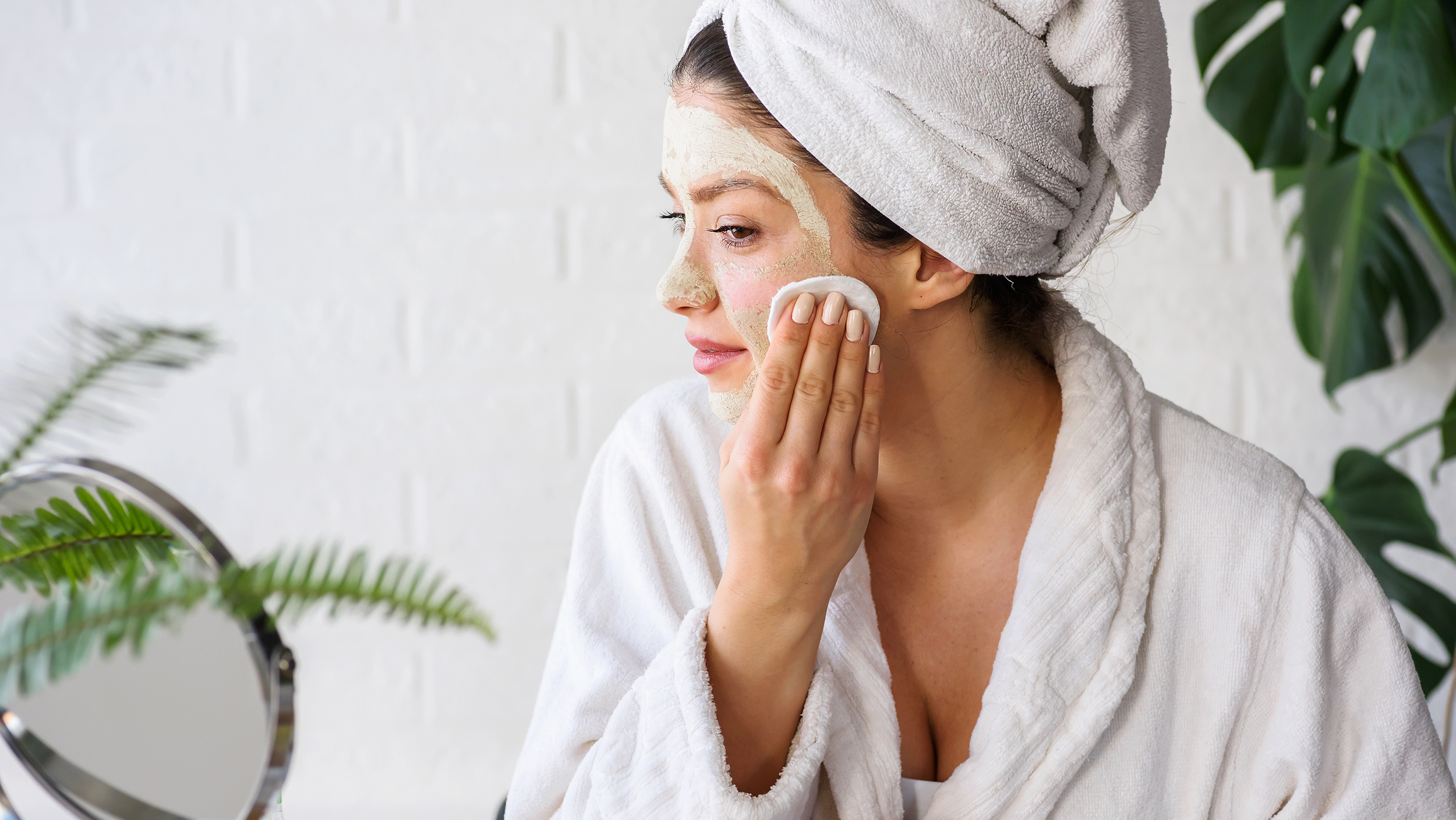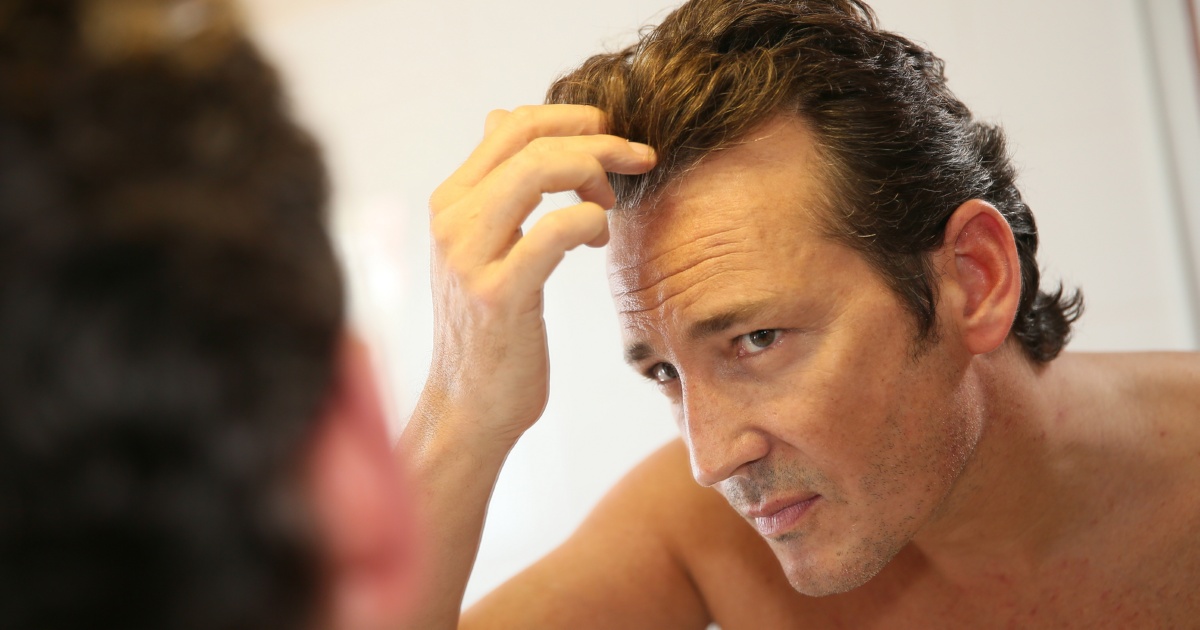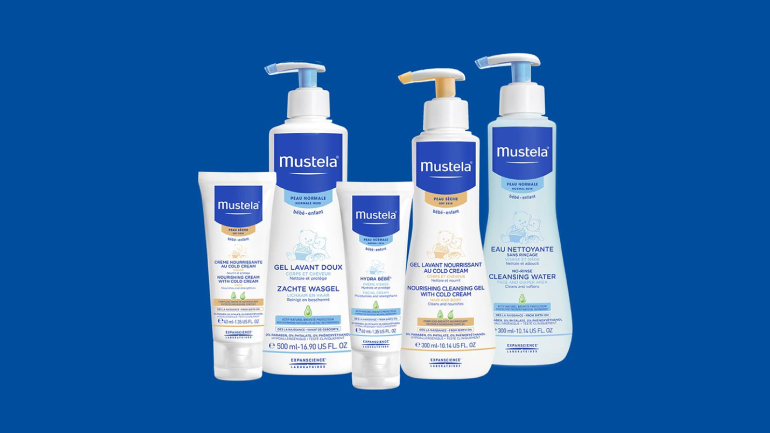Are You Getting Skin Problems Because of the Pandemic? Here’s How You Can Beat Them

The pandemic has brought a wave of change in most people’s lives. These changes, unwelcome or not, are just something you have to accept as the new normal. One of these changes is wearing a protective mask every day to reduce the spread of the COVID-19 virus.
While the masks serve to prevent virus transmission, some people think it could result in something else: acne. They call it “maskne.”
You might have noticed that you are experiencing terrible breakouts lately. This might come as a surprise and cause a bit of anxiety because you haven’t really had breakouts this bad, not even in high school. People are blaming the mask. But is it really the face mask? Or is it something else?
Before you use any mark, it is important to know the type of skin you have. Without knowing the right type, you might make your skin go dry to very dry skin.
Let’s look at the solution.
Table of Contents
Effects of Pandemic Stress on the Skin
Dermatologists say that seemingly endless levels of stress (such as having to wear face masks all the time) and sleepless nights can take a toll on your skin. Stress, whether pandemic-related or not, is a major trigger of acne, and it creates a domino effect with negative consequences on your skin.
NYU Grossman School of Medicine Clinical instructor Melissa Levin says that human skin cells are “a local nervous system.” This means that stress causes an upward trend in skin inflammation. In response to stress, your body would produce more cortisol, the stress hormone. Skin cells would release inflammatory proteins that can cause skin conditions like acne and eczema.
Since the pandemic began, more people suffered from sleepless nights due to COVID-19 related stress. Whether it is suffering from loneliness or economic related problems, pandemic insomnia is real and is more complicated.
Pandemic related stress has also led people to seek comfort in sugary and carbohydrate-rich foods with a high-glycemic index, an ingredient associated with acne. Dr. Sonia Batra, a dermatologist in Santa Monica, explained that these “comfort foods” increase hormones called insulin-like growth factor (IGF-1). Studies say that IGF-1 may trigger oil production. Poor sleep patterns are also another source of stress, leading to increased cortisol levels.
Pandemic Acne
The most common type of acne that the pandemic has seen is maskne, which is the acne and irritation one gets from wearing a mask. According to the Journal of the American Academy of Dermatology, health workers are most at risk of getting maskne because they have to wear tighter-fitting medical-grade masks for longer intervals of time.
The study reported that 83 percent of China’s health care workers showed skin problems on their face. Dr. Whitney Bowe, a dermatologist in Manhattan, added that masks tend to worsen skin issues or even cause new ones. Added factors, such as humidity, can guarantee breakouts.
Fortunately, you can take steps to avoid pandemic-related acne and continue to stay safe in the process.
1. Choose the right type of mask
Masks are a necessity. It’s always best to find a balance between the mask material’s weight and the level of protection the mask will give you. Synthetic fabrics like nylon, polyester, and rayon will most likely irritate your skin and cause a breakout.
Dermatologists suggest wearing masks made of breathable material, such as 100% cotton. It’s a good compromise since it’s more comfortable to the skin, allowing it to breathe.
It’s also important to “treat it like underwear.” Dr. Candrice Heath of the Lewis Katz School of Medicine at Temple University urges mask wearers to wash their masks after every use to prevent the accumulation of dirt and oil spreading on their faces.
2. Make adjustments to your skincare routine
Sometimes it is best to go back to the basics when your skin is already suffering from acne. In times like this, the “less is more” principle is best applied. You can do well with just a non-soap facial cleanser that is gentle on the skin and a fragrance-free moisturizer.
Don’t be afraid to ask your dermatologist for help if you aren’t sure about the best toner for acne problems of this level.
3. Skip the makeup
When wearing a mask, it’s best to avoid piling on the layers of makeup as it will just clog up your pores and cause breakouts. You can find a compromise and tone your makeup routine down a little by wearing just a sweep of lip gloss and tinted moisturizer to keep you looking fresh the whole day.
However, if you find it necessary to wear makeup, check the label and make sure that the products you use are labeled “non-comedogenic.” It means the product doesn’t clog the pores.
4. Take Vitamin A
The pandemic is the perfect time to introduce a Vitamin A derivative, such as retinol or retinoid, to your skincare routine. According to Batra, it helps decrease oil gland activity and clogging of the pores.
5. Take a Breather
One of the best ways to get your skin’s health back on track is to engage in stress-reducing activities, such as exercise or yoga. Stick to a routine that you can commit to. Find a regular sleeping schedule so as not to disrupt your body cycle. These things will do wonders not only for your skin but for your heart and mind, as well.
The pandemic is a taxing time in our lives, but it doesn’t have to show on your face. When it comes right down to it, you can surely beat pandemic acne in no time if you add these helpful measures to your skincare routine.

 What You Need To Know About Custom Hair Systems
What You Need To Know About Custom Hair Systems  How to Use Mustela Cradle Cap Shampoo
How to Use Mustela Cradle Cap Shampoo  Some Facts About Laser Hair Removal
Some Facts About Laser Hair Removal  Sciatica Relief Options on Long Island: A Comprehensive Guide
Sciatica Relief Options on Long Island: A Comprehensive Guide  Step-by-Step Guide to Cloning an Appealing Voice with AI for Promo Videos
Step-by-Step Guide to Cloning an Appealing Voice with AI for Promo Videos  How to Create Stunning Images for Social Media Promotion: A Guide for Small Businesses
How to Create Stunning Images for Social Media Promotion: A Guide for Small Businesses  world.birosdmpoldakalsel.id in Indonesia
world.birosdmpoldakalsel.id in Indonesia